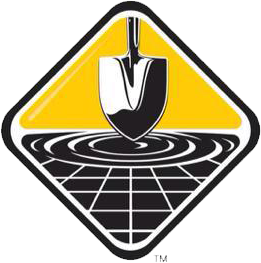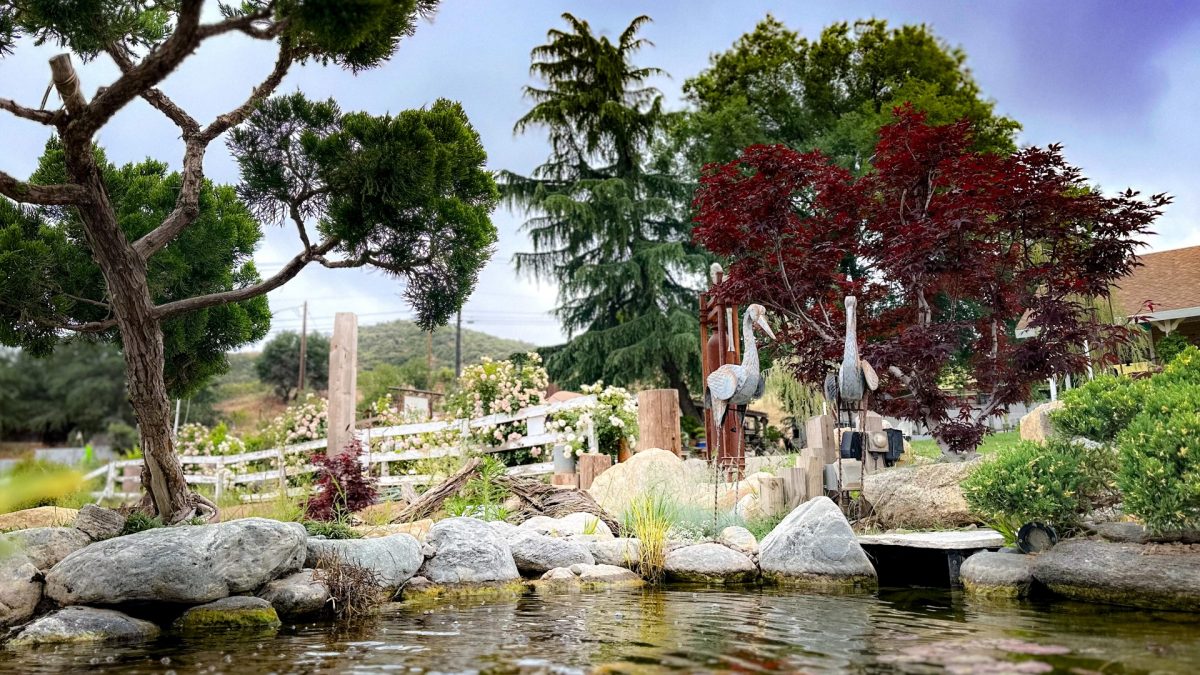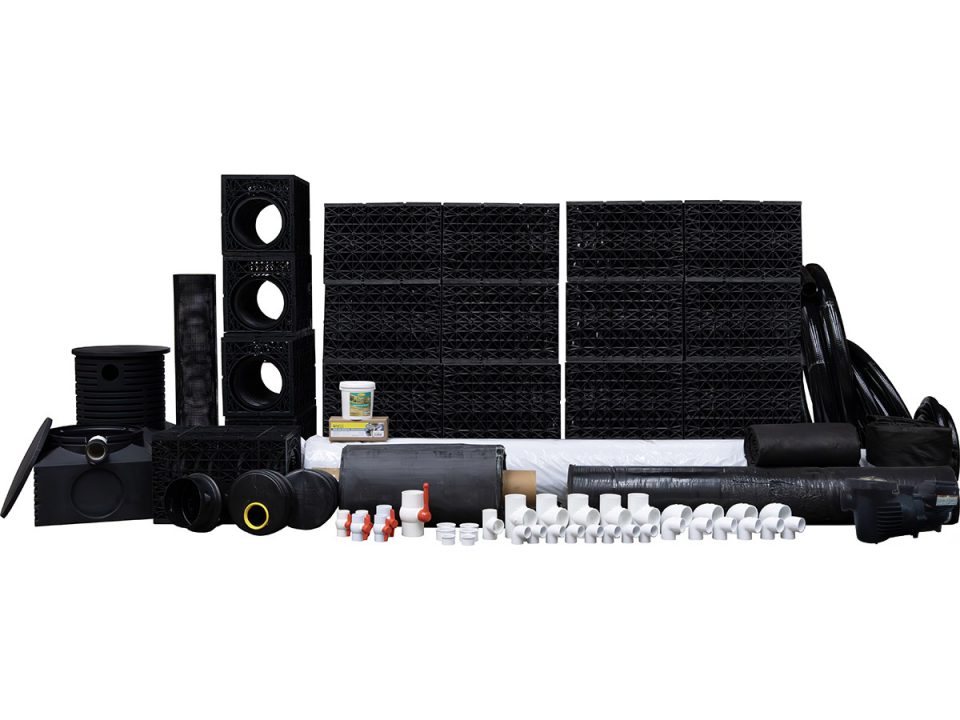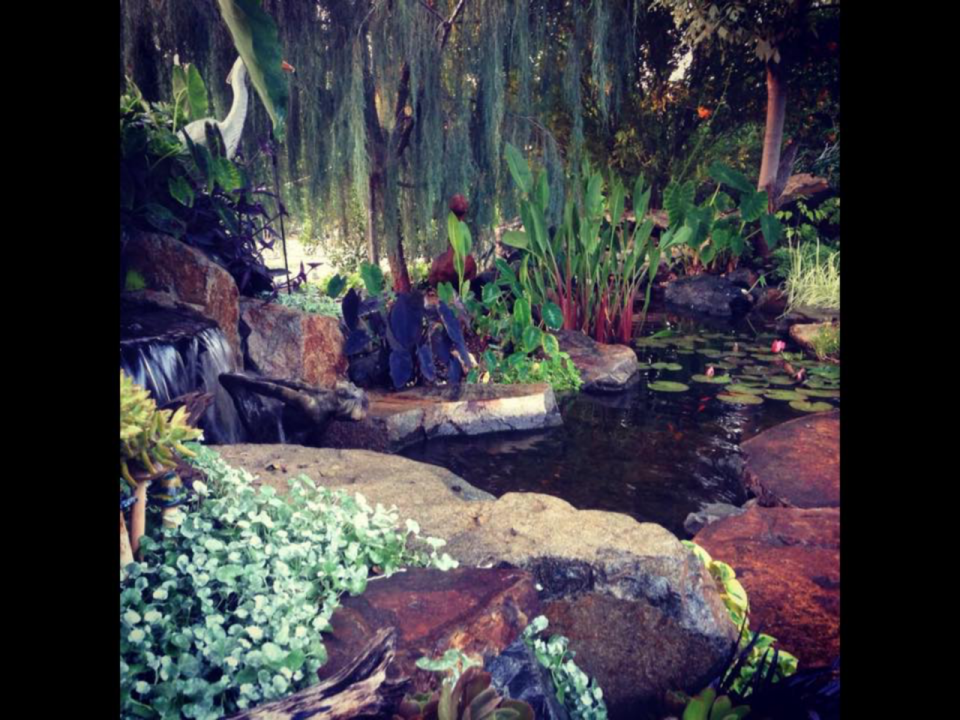Do Herons Have Your Pond Geo-Tagged?

World Naked Gardening Day
May 4, 2023
Dive into the World of Pond Plants
June 9, 2023The great blue heron is practically a four-letter word in the pond world. If you have a pond, and you have never been visited by a heron, DO NOT assume you are safe. Like Daniel Day Lewis, they will find you. It is just a matter of time.
Here are some tips to help you avoid having to deal with the pain and heartbreak of a heron finding your pond. Because, like the old saying, “keep your friends close, but your enemies closer”, the more you learn about the heron, the better chance you have of keeping your koi safe.
Herons are the king of meal planning. You thought you were doing good by planning a week ahead? These guys have their whole LIVES plotted out. They can live about 15 years, and once they add your pond to their must stop spots, they will come back and check it time after time, for the rest of their lives to see if you restocked for them. Dine and dash is their favorite way to eat.
Their eyesight is practically unreasonable. If they fly straight up one mile, they can see for TEN square miles. And from that towering height, they can spot every single pond that is not under a cover, even if it is only four feet by four feet. Incredible, no? I think so!
Once they have you geo tagged, they will do a reconnaissance fly by, to check the grocery status. If they find plenty of fat, juicy fish, they will be back, every year. Sometimes they live near you and can check in constantly. Where we live, they are seasonal visitors, stopping by on their migration route in spring and fall.
Also, herons are designed to find small, brownish fish in a lake or stream, that are fast as greased lightning, so you can imagine their delight when they find your pond full of fat, slow, brightly colored fish that COME to them when they land. I mean, you’ve trained your fish to come to the tall shadow at the edge of the pond that throws food, no? I think yes.
Herons do exactly that. They land, walk to the edge of your pond, and vomit in the water. This is the most brilliant tactic in a heron’s arsenal of tricks. The fish LOVE heron vomit. It smells and tastes like fish and most certainly because it is fish, FROM THE LAST POND THEY VISITED!!!
Lastly, while herons are crepuscular, meaning they normally hunt in the early morning and the early evening, whenever there is a full moon, they can hunt all night long. So, if you were thinking, I’ll just guard my fish in the morning and evening, you better get a tent and set up shifts for the all-night watches.
Now that you know some heron tricks, let’s set you up with a few of your own in retaliation.
PREVENTION
There is no 100% way to ensure your koi are safe, unless you fully enclose your pond, but here are a few tricks to try:
A scarecrow: this is a motion sensor sprinkler that shoots the heron, and anyone else approaching your pond, with a harmless, but SCARY stream of water. Change batteries MONTHLY! You can usually find these online.
Netting over your pond. Helps keep out leaves too! You can also use fishing line in a pattern over the pond, or as a trip wire around the pond.
Trees, shade sails, or a gazebo creating a safety canopy over the pond, although trees quickly add to your maintenance when they drop all those leaves in there.
Hotwire around the pond-shocking but not deadly. These are available at most feed stores. Typically, they are used for dogs, but will work well for herons.
Heron statue-used to establish “territory claimed”- needs to be moved several times a week to replicate live birds. This is far from 100% effective, as I have seen randy herons getting VERY affectionate with heron statues.
Dogs- VERY effective deterrent, especially bird dogs, but they need to be out there when the heron comes, or there is no point.
Turn your lights off at night. Although this only helps a little, (after all, herons are used to hunting in lakes without lighting) at least your fish won’t be spot lighted!





